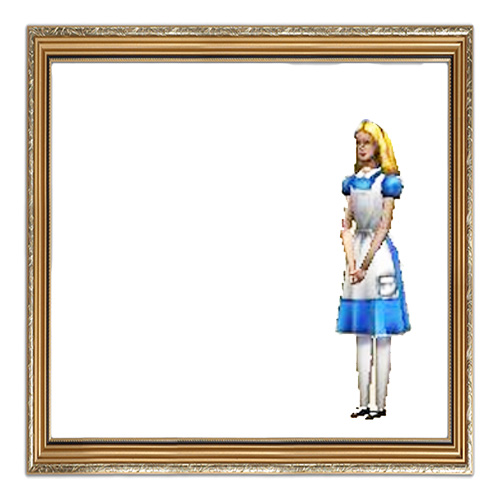


These same characteristics define Alice as creator: her visage serves for entry-level programming as an appropriate counterpart for crafting new realities.
"Wake up, Alice dear!" said her sister; "Why, what a long sleep you've had!"
"Oh, I've had such a curious dream!" said Alice, and she told her sister, as well as she could remember them, all these strange Adventures of hers that you have just been reading about; and when she had finished, her sister kissed her, and said, "It WAS a curious dream, dear, certainly: but now run in to your tea; it's getting late." So Alice got up and ran off, thinking while she ran, as well she might, what a wonderful dream it had been.
Alice's relationship with dream is explored further in the sequel to her adventures, but in this novel alone it serves to wrap up both beginning and end in her own agency. Alice chose to follow the White Rabbit down his rabbit hole, and she chooses to wake up rather than continue fighting with a pack of cards. In the end, the dream (or adventure) played by her rules.